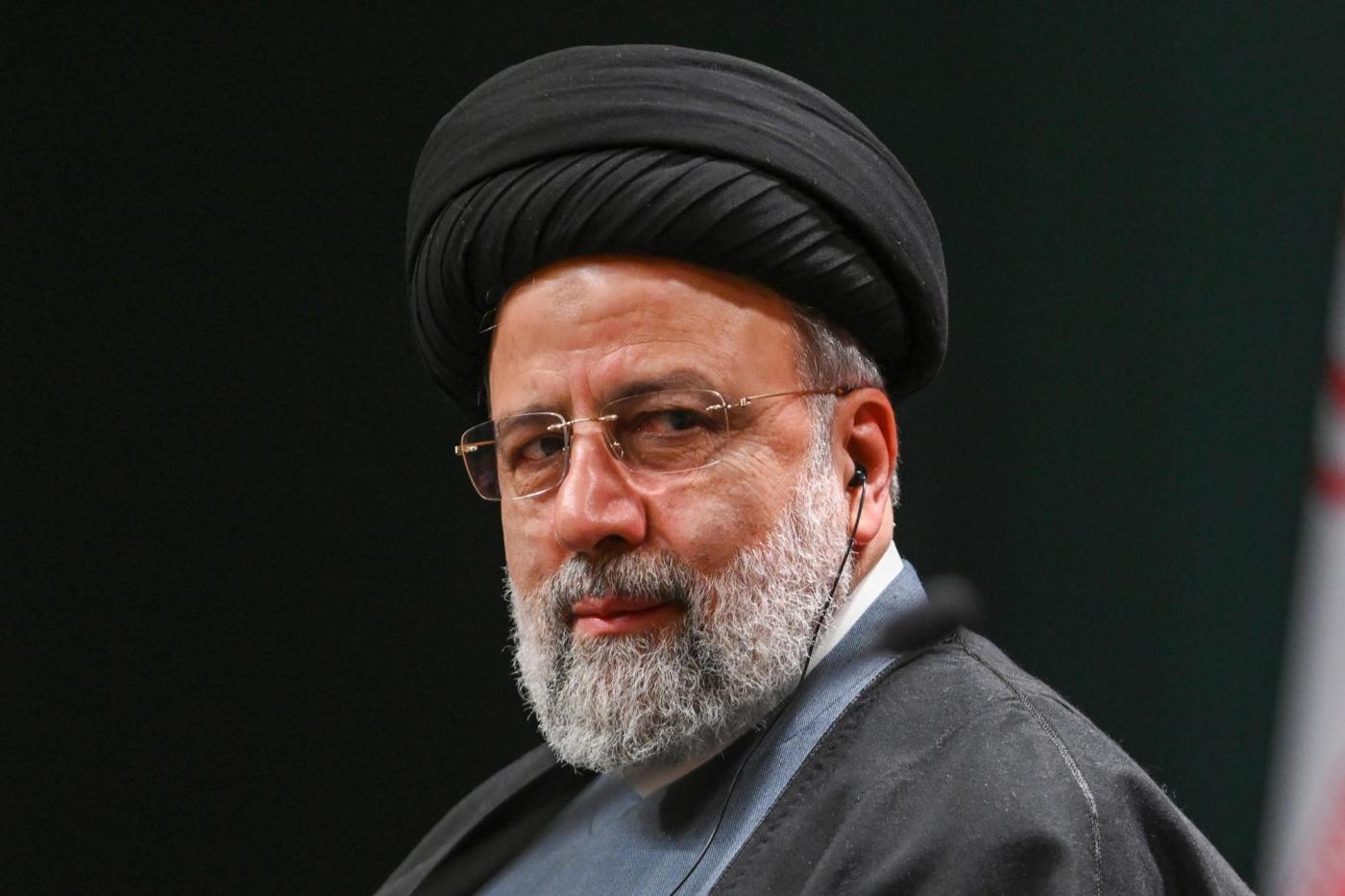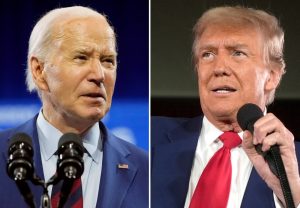
Other voices: Will Iran ever change? The terror regime continues
When more than 100 Iranians were murdered and hundreds of others were injured by suicide terrorists in January, President Ebrahim Raisi said: “We tell the criminal America and Zionist regime that you will pay a very high price for the crimes you have committed and will regret it.”
But neither the U.S. nor Israel (the aforementioned Zionist regime) had anything to do with the atrocity of killing pilgrims mourning the death of terror master Qasem Soleimani, a general of Islamic Revolutionary Guard Corps (IRGC), who the Pentagon justly dispatched in 2020.
The actual perpetrator of the terror attack in Kerman, the worst since the founding of the Islamic Republic in 1979, was ISIS, specially ISIS-K, the Afghanistan offshoot of the bloodthirsty gang. But it didn’t matter to Raisi, a fanatic close to the IRGC. Well, now Raisi is close to God, having died in a helicopter crash, along with Iran’s foreign minister, a regional governor and the local representative of Ayatollah Ali Khamenei, the supreme leader.
And the culprit here wasn’t Washington or Jerusalem or some internal faction or even ISIS, but a very old copter flying in bad weather over dangerous terrain.
Raisi will now have to account for his crimes that earned him the title of “Butcher of Tehran,” a nickname he got for his part in the wanton murder of thousands of political prisoners in 1988. We dare not call the deaths “executions” because that implies the carrying out of a sentence for a capital offense following a fair and just trial.
Raisi’s long career of ruthlessness had him being eyed as the 85-year-old Khamenei’s successor as the next supreme leader, the holder of the ultimate power.
Iran and the world is at least spared that, but Khamenei and the other mullahs remain, oppressing women, crushing dissent and speech, fomenting terror across the Mideast, and most dangerous of all, still pursuing nukes. Iran was blessed by nature to be sitting on one of the world’s biggest pools of oil and natural gas. They don’t need atomic technology to generate electric power (the phony claim for their reactors and their uranium and their plutonium) and the hostile and belligerent regime shouldn’t have nuclear weapons.
Funding and arming IRGC proxies Hamas in Gaza, Hezbollah in Lebanon, the Houthis in Yemen and Shia terror militias in Iraq and Syria, allows Tehran to extend its power to and attack Israel and moderate Arab states.
But what does that power do for the Iranian people?
Are they more secure or more prosperous?
No. They are less secure or less prosperous.
Iran’s fusillade of rockets, missiles and drones at Israel a month ago, despite being a colossal failure, was a shocking act of war that was successfully defeated by an alliance of Israel, Western powers and Arab states. That should be the future of the region, of trade and cooperation, not terror and war. Iran should join with its neighbors instead of trying to undermine and destroy them. However, we fear that Iran’s next president and next supreme leader will continue to pursue aggressive policies that have isolated and impoverished the country.
That Iran remains a threat to the Mideast is a decision made by the bad men who lead that nation.
— The New York Daily News
Related Articles
Robin Abcarian: Israel’s Gaza war is horrific, but that doesn’t mean Hamas is innocent of sexual violence
Mark Gongloff: U.S. wildfire season is now everywhere, all at once
Other voices: Denounce all corruption, not just that of the other guys
Daniel Bral: No, the Israeli-Palestinian divide is not unbridgeable. Here’s how I know
Jennifer Huddleston: AI and privacy rules meant for Big Tech could hurt small businesses most


